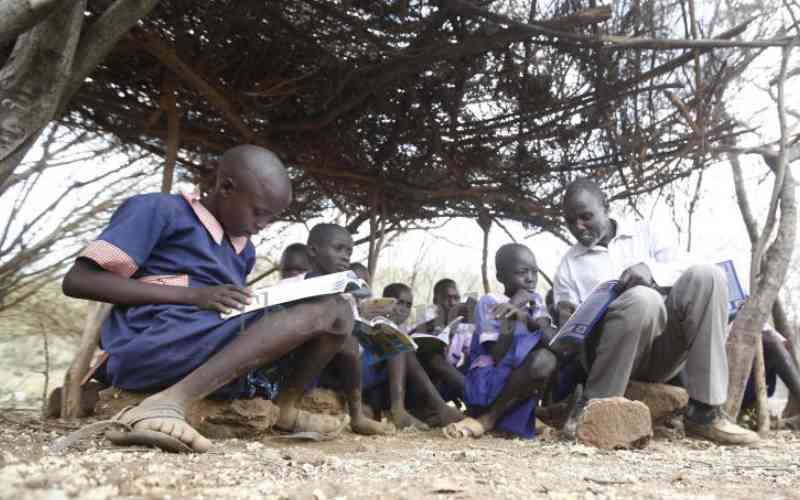
Unbridled deterioration of education standards across the African continent, Kenya included, is projected to eat into whatever is left of its ability to compete globally unless tamed by pragmatic policy interventions to have it revved up.
From collapsing infrastructure, increase in school enrolment, rising cost of education, high teacher shortages in both primary and secondary schools, and reduced public funding for basic and higher education, the song is the same from Alexandria in the north to Cape of Good Hope in the south, and from Hargeisa in Somaliland to Dakar in Senegal.